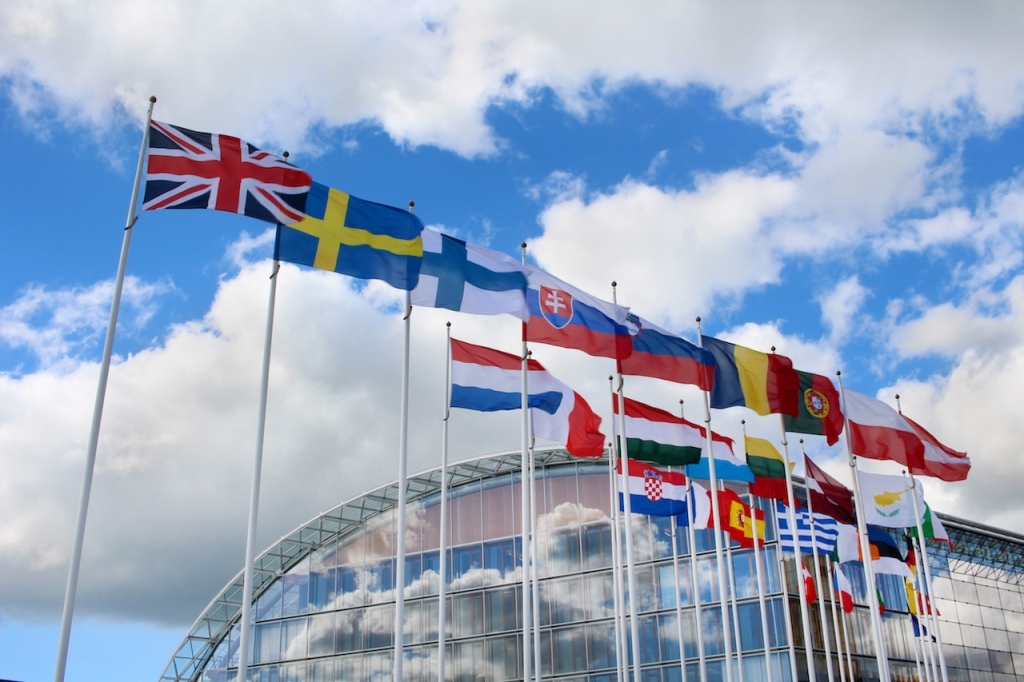Yesterday, the Employment and Social Affairs Committee’s members adopted the new European Social Fund Plus (ESF+) that will allow €120.457 billion for education and training, employment and social inclusion.
Designed for the period 2021-2027, it will merge the existing European Social Fund (ESF), the Youth Employment Initiative (YEI), the Fund for European Aid to the most Deprived (FEAD), the Employment and Social Innovation Programme (EaSI) and the EU Health Programme.
With regard to education and training, Veronica Lope Fontagné MEP, responsible for the dossier, praised the fact that “the fund resources will focus on active policies promoting equal opportunities and guaranteeing access to lifelong learning, from primary education for children to adult education, facilitating matching skills.”
Access to employment, in particular for young people, is a key priority for which the EPP Group has particularly fought: “After long discussions, we have obtained an increase of the share of aid for youth employment from 10% to 15% in those countries with higher NEETs* rates, focusing on young people who are the hardest to reach. We are also very satisfied because the fund will help to finance very tangible programmes such as dual training systems, and will be used to enhance mobility and job opportunities, facilitating their (re)integration into the labour market.”
The third major part of the fund, social inclusion, has received particular attention: “We have proposed to increase the percentage of the fight against poverty and social exclusion to 27% paying special attention to disadvantaged groups and contributing to increasing accessibility for persons with disabilities. Children will occupy a prominent place in order to enable them to develop their full potential and put an end to the vicious circle of poverty. Furthermore, 3% will be allocated to material assistance and accompanying measures to social inclusion for the most deprived”, said Lope Fontagné.
In practice, Member States will suggest programmes then receive co-financing of up to 85%. “Every single citizen in the European Union counts and we need a targeted approach for all those in need. The ESF+ will be the best tool to reach this objective”, she added.
“For the ESF+ to be used effectively, respect for subsidiarity is essential. This is a priority for the EPP Group, and we are pleased that this fund will allow Member States the flexibility needed to adapt their programmes to their own necessities, taking into account regional specificities within and between regions”, concluded Veronica Lope Fontagné.
* Young people who are Not in Employment, Education or Training.
Sorce: EPP Group

